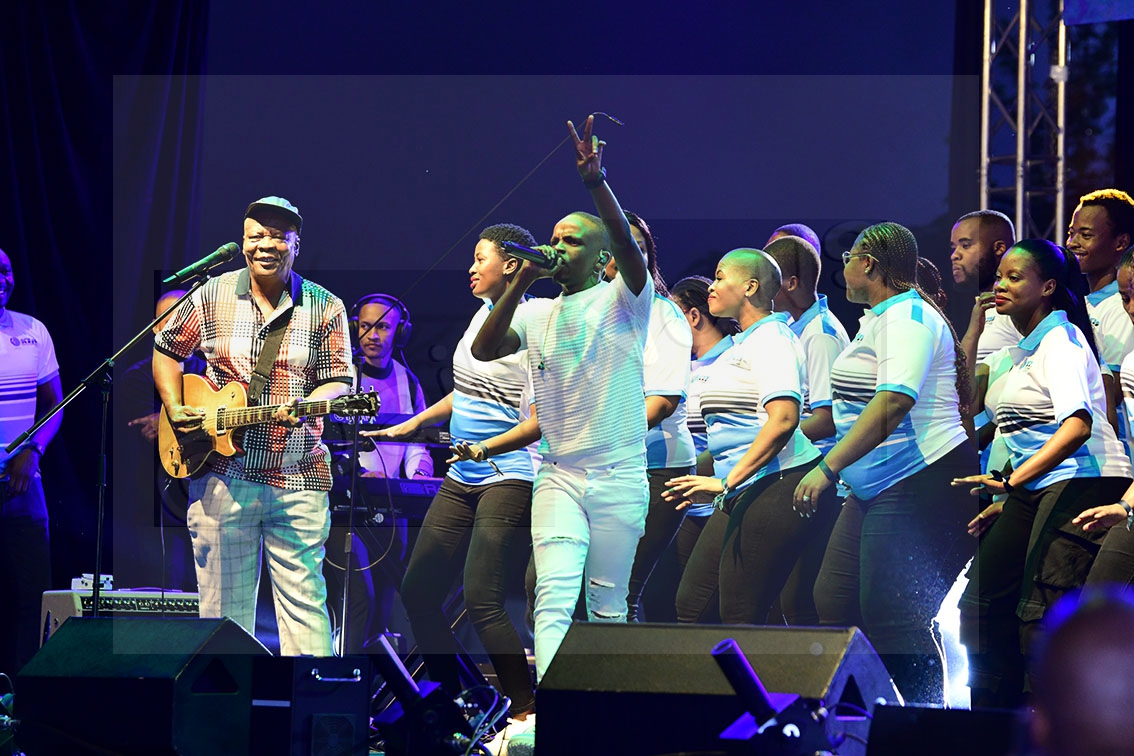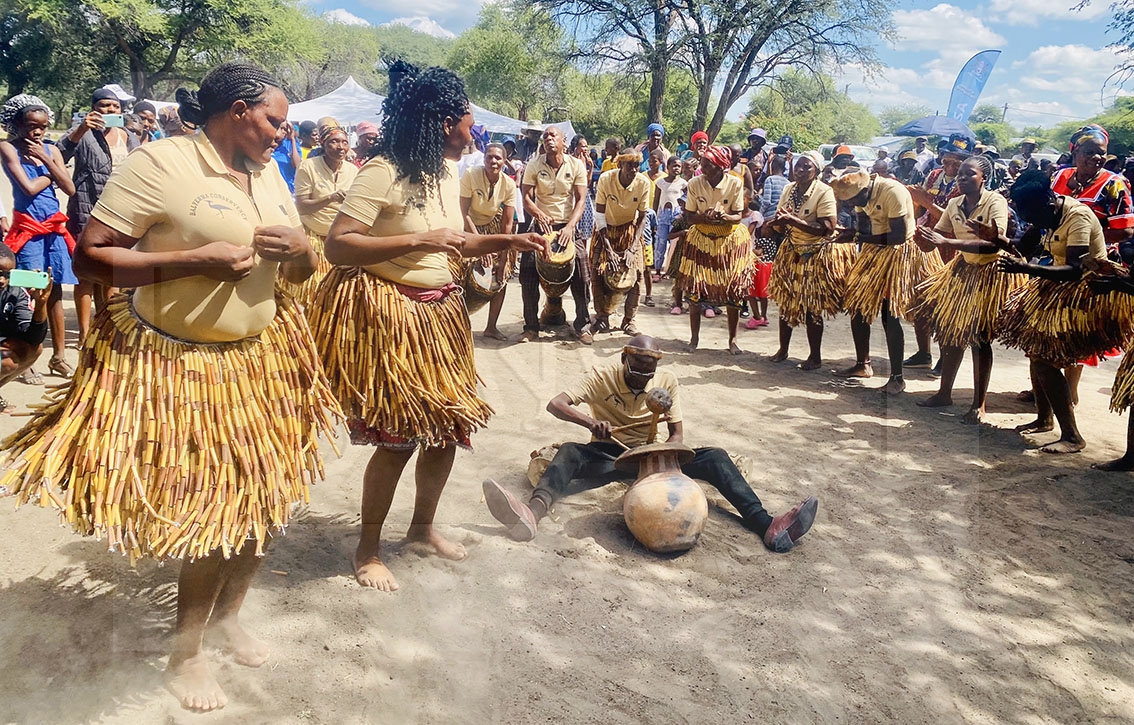'We are not thugs'
19 Feb 2019
They are usually in attires, which consists of leather pants, jackets, boots and hats that single them from the crowd.
They are cowboys, popularly known as ‘the rockers’ or ‘Marock’ in Botswana.
According to one such rocker, Kenosi Gaboipewe, who resides in Lobatse, the history of the cowboys dates back to the early 1700s, when cattle ranching had spread into what is now Texas, Arizona and New Mexico and to the south of Argentina. The native cowboys were called ‘vaqueros’ from the Spanish word for cow.
Just like other western cultures that have been adopted by Africans, the cowboys’ culture or rockers also made its way to Africa.
The 52-year-old, Gaboipewe, from Gathwane said the culture came to Botswana in the early 1970s through a classic rock band, which introduced rock metal music.
He said he saw the rockers on television and was impressed by the way they dressed.
However, he insists that his interest emanated from his grandfather’s dress code as he used to wear leather clothes.
Gaboipewe, who is a grandfather, said, was however not a rocker but an old man, who took pride in the Botswana culture of wearing leather clothes.
Gaboipewe said it was at the age of 12 that he told his grandfather about his interest in being a rocker, though at the time, he did not know or understand the principles of being a rocker, but was just fascinated by the dress code.
To his suprise, he said his grandfather bought him tight jeans and a cowboy hat, which paved the way to a dress code he holds dear to this day. He said because he was still young and under the care of parents, who bought him clothes, he was limited as to how far he could take the dress code.
The tall, lean man said it was only at the age of 24 in 1991 that he took an extra mile in the rockers’ culture.
By then he had landed a job as a shop assistant in one of the big supermarkets in Lobatse and he would save money to buy the attire.
“I bought my first leather pants that year, which were quiet expensive,” he said.
Having the original gear for the first time boosted his confidence and he later found it prudent to acquire more knowledge about the culture.
Gaboipewe said it was in 1993 that his friend, Gaboratanelwe Lekhane introduced him to the Nosey Road Band and he was welcomed with both hands, not as a band member, but as a follower by the band that was popular in the 1990s.
He said he was among a group of about 20 people, who dressed like rockers and followed the band everywhere it performed give support.
He said it was from the band that he learnt what it really meant to be a rocker. “It is not only about the dress code, it is about discipline and helping people in the society,” he said.
In addition to the attire, he said they carry pepper sprays, handcuffs and a sword-like knife, which were usually tied to the pants, adding that contrary to popular belief that rockers are ill mannered and bear thuggish tendencies, they are responsible people, who also help out in the community.
“If we encounter a physical fight for instance, our responsibility is to stop it and bring peace to the parties,” he said.
Gaboipewe emphasised that the knives they carry were merely for decoration.
He said he also learnt the walk, which has to depict power.
The way they greet each other also has to be physical as they grab each other’s hand tightly and shake each other, adding that they have to display power in the way they greet, talk and walk.
He said in 2003, he formed a group that consisted of him and two other people and their task was to go around in events such as weddings just to entertain.
Over the years, more people have joined and they are now seven in the group residing in Lobatse. ENDs
Source : BOPA
Author : Terry Makgoeng
Location : LOBATSE
Event : Interveiw
Date : 19 Feb 2019






